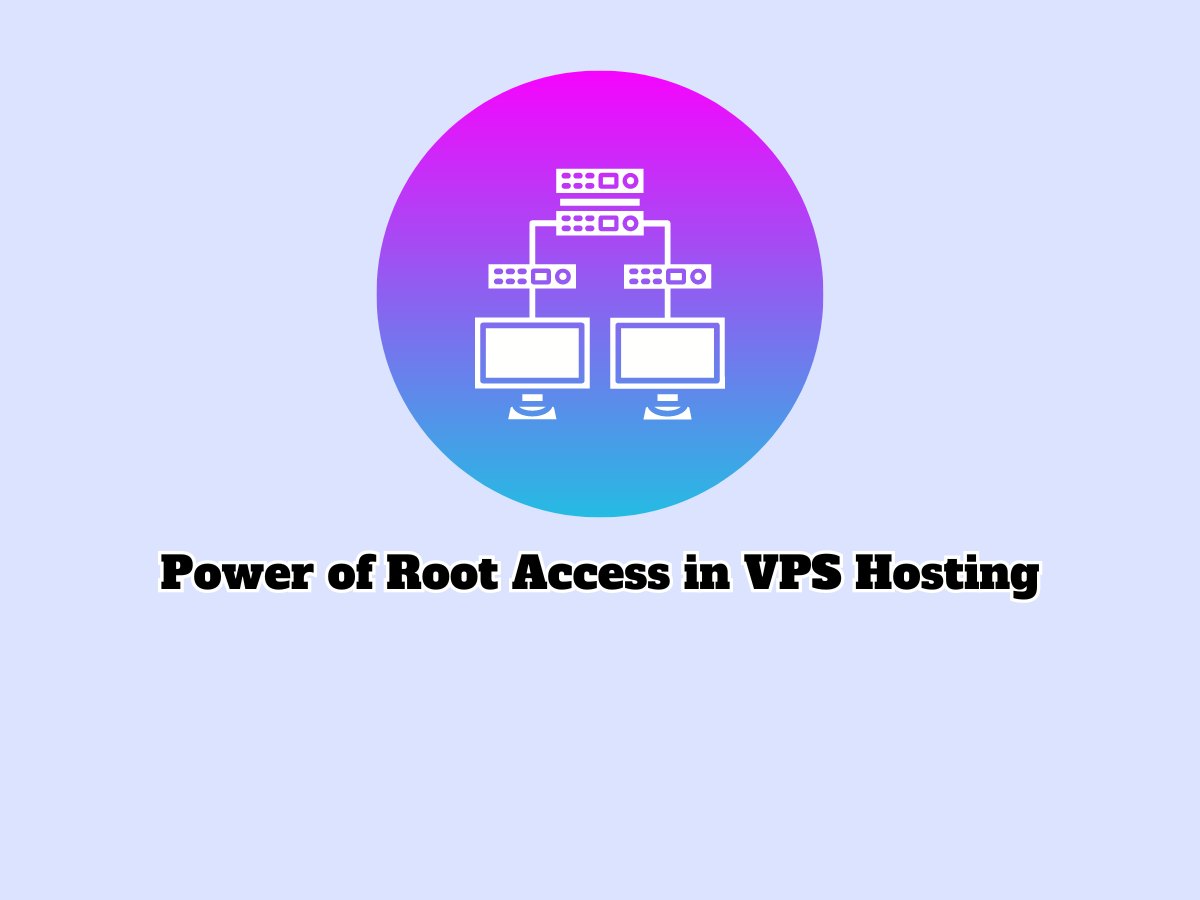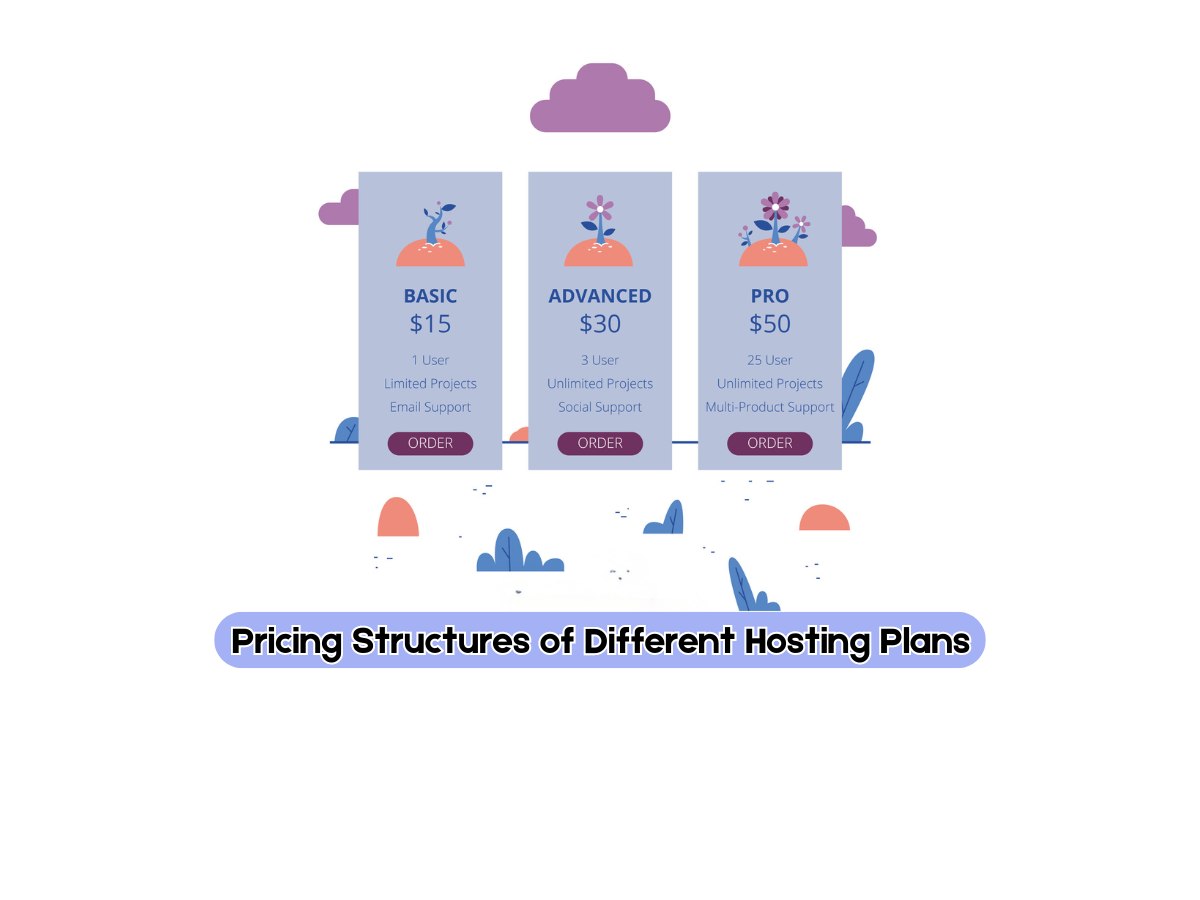
Leveraging the Power of Root Access in VPS Hosting
Virtual Private Server (VPS) hosting offers a unique blend of affordability, flexibility, and control for website owners and developers. A key advantage of VPS hosting is root-level access and control. Root access grants users full administrative privileges, enabling them to customize, configure, and optimize their VPS to meet specific requirements. In this article, we’ll explore the significance of root access in VPS hosting and how it can be leveraged to maximize performance, safety, and efficiency.
Understanding Root Access in VPS Hosting:
Root access, also known as superuser access or administrative access, provides users with unrestricted control over their VPS environment. With root access, users have the authority to install, remove, and modify software applications, configure server settings, and perform system-level tasks that are typically restricted in shared hosting environments.
Advantages of Root Access in VPS Hosting:
1. Customization: Root access allows users to customize every aspect of their VPS environment according to their specific needs and preferences. Root access allows for custom software installation, server configuration, and performance optimization. This flexibility tailors the server to specific needs.
2. Software Installation: Root access gives users the freedom to install compatible software and applications. It ensures full control over the operating system. This includes web servers, databases, programming languages, content management systems (CMS), development tools, and more. Users are not limited to pre-installed software packages and can install additional components as needed.
3. Server Configuration: Full access enables users to configure server settings and parameters to optimize performance, safety, and resource utilization. This includes adjusting server resource limits, fine-tuning server software, configuring firewall rules, implementing safety protocols, and managing server backups.
4. Performance Optimization: Full-level access allows users to optimize performance, boosting website speed, responsiveness, and scalability. This may involve optimizing server configurations, caching mechanisms, database settings, and content delivery strategies to improve overall performance.
5. Troubleshooting and Maintenance: Full access provides users with the ability to troubleshoot and resolve server issues quickly and effectively. Whether it’s diagnosing hardware failures, troubleshooting software errors, or addressing safety vulnerabilities, full access empowers users to take immediate action to maintain the stability and reliability of their VPS.
Best Practices for Leveraging Root Access in VPS Hosting:
1. Exercise Caution: With great power comes great responsibility. While full access offers unparalleled control over the server environment, it also carries the risk of inadvertently causing system damage or safety vulnerabilities. Exercise caution when making changes to critical system files and always double-check commands before execution.
2. Stay Updated: Keep your VPS operating system, software applications, and safety patches up to date to protect against vulnerabilities and exploits. Regularly monitor system logs, safety advisories, and software updates to stay informed about potential threats and vulnerabilities.
3. Implement Safety Measures: Harden your VPS safety by implementing firewall rules, intrusion detection systems, unwanted software scanners, and access controls. Disable unnecessary services, enforce strong password policies, and restrict remote access to minimize the risk of unauthorized access and unwanted attacks.
4. Backup Regularly: Implement regular backup procedures to safeguard your data and configurations in case of hardware failures, software errors, or safety breaches. Store backups off-site or in a secure location to ensure data integrity and availability in the event of a disaster.
5. Document Changes: Keep detailed documentation of all changes made to your VPS environment, including software installations, configuration modifications, and system updates. This documentation will serve as a valuable reference for troubleshooting, maintenance, and disaster recovery purposes.
Conclusion:
Root access in VPS hosting empowers users with unprecedented control over their server environment, allowing for customization, configuration, and optimization to meet specific requirements. By leveraging root access effectively, users can maximize performance, safety, and efficiency while maintaining the stability and reliability of their VPS. However, it’s essential to exercise caution, stay informed about safety best practices, and implement proactive measures to mitigate risks and ensure a seamless hosting experience. With the right approach and mindset, root access can be a powerful tool for unlocking the full potential of VPS hosting.







